Guide to Installing a swimming pool
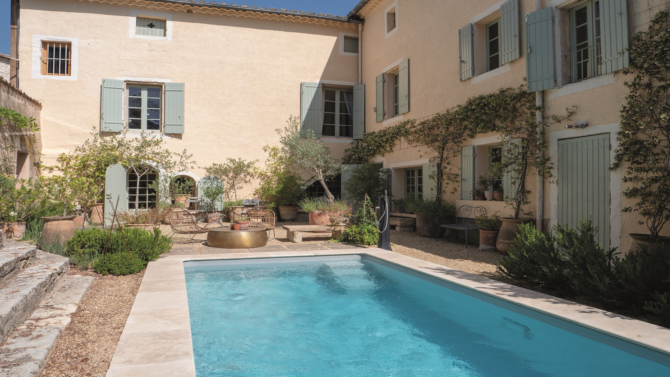
For cooling off in the summer months, enjoying some gentle exercise, having fun with all the family or attracting rental bookings, a swimming pool is ideal. Catharine Higginson takes a look at what you need to consider before you start digging a hole!
Long hot summer days mean everyone wants to cool off with a refreshing dip in a pool and if you have the space, it will provide your family, friends and visitors with hours of fun. Installing a pool, especially an in-ground pool, is a major investment, but it will add value to your property.
Equally, should you plan to rent out the property or offer B&B or gite accommodation, a pool makes your property far more attractive to potential clients and provides an edge in the increasingly competitive rental market. Many holidaymakers will not consider properties without pools, especially if the property is located at a distance from the coast or a swimming lake.
If you’ve decided to go ahead. you need to start by thinking about where the pool will be situated. Most properties will have some form of constraint that affects your eventual choice of location. This could be a physical issue, such as the proximity of neighbours or the property’s orientation, or an administrative constraint, such as the required distance from the road.
LOCATION
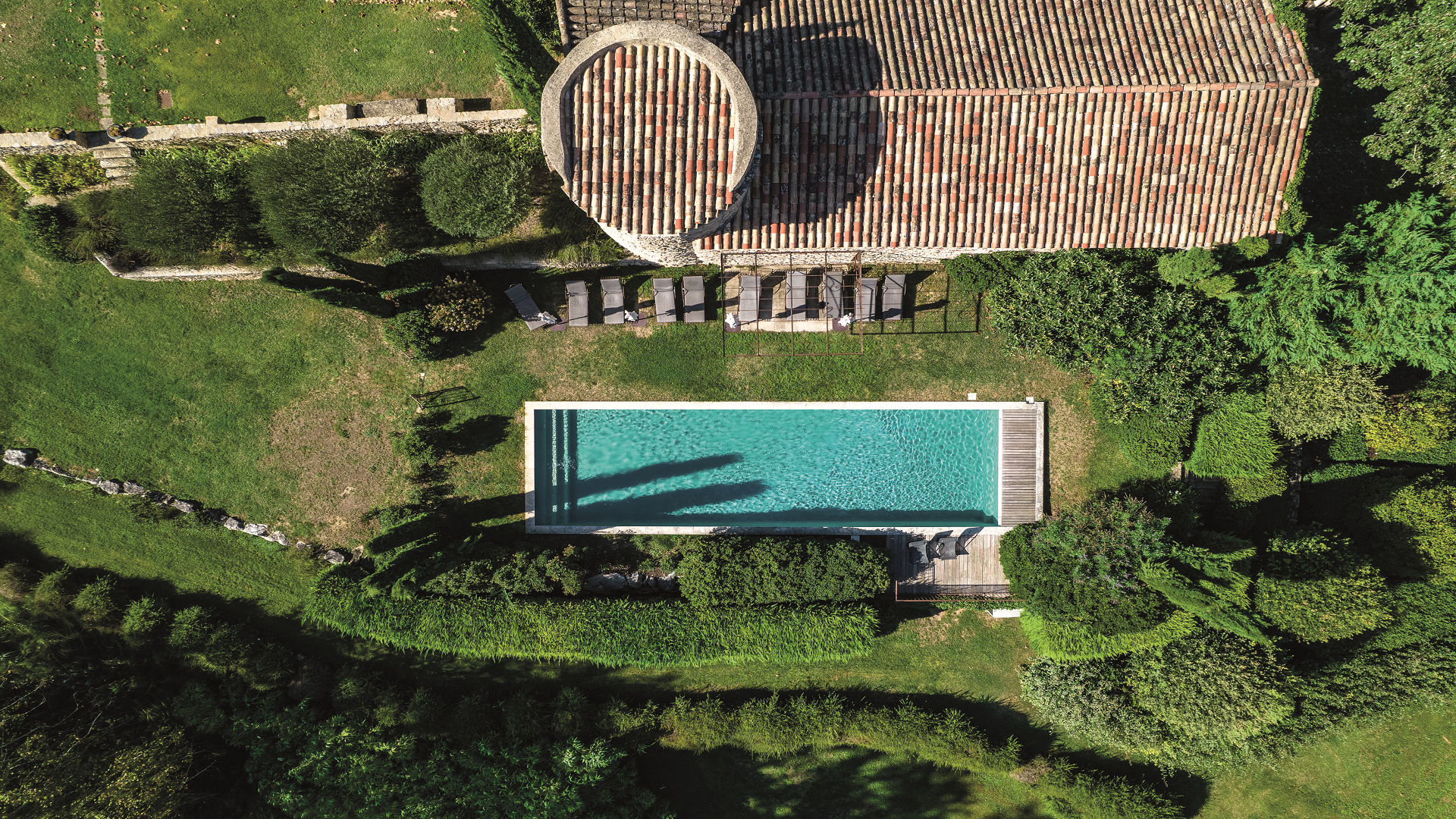
©shutterstock
If you do have some flexibility in where to site the pool, think about all the issues that might influence your choice of location. This could include proximity to the house -would you prefer the pool close, perhaps to supervise grandchildren, or further away so that you are not disturbed by guests? You might need to think about changing areas and you will need space for a pool house for all the equipment required to run the pool such as filters and maybe a heating system. You might be able to use an existing outbuilding or you might need to build something.
You also need to factor in ‘hanging out at the pool space, in other words, eating, drinking and general lounging around areas. And last but definitely not least, consider the issue of access for the installation process. In theory you can install a pool just about anywhere! In reality, if access is tricky it is going to significantly increase the cost.
After identifying the best location for your pool, the next consideration is the type of pool you want based on your budget and usage needs. Are you a serious swimmer or is this just for cooling off? Do you have small children or older relatives? Are you happy with a relatively shallow pool or do you want a deep end? Are you planning to heat the pool?
All of these questions need to be thought about, discussed and answered as they will play a part in the final choice of pool. If you just want something to cool off in, an above-ground pool could be a cost-effective option, especially if you buy it at the end of the season when they are often heavily discounted. Ex-display models are also often available at very reasonable prices too.
Additionally, an above- ground pool can also help reduce the extra tax which will be added to your taxe foncière bill for in-ground pools; this is normally around an extra €300 on the average bill.
SHELLING OUT
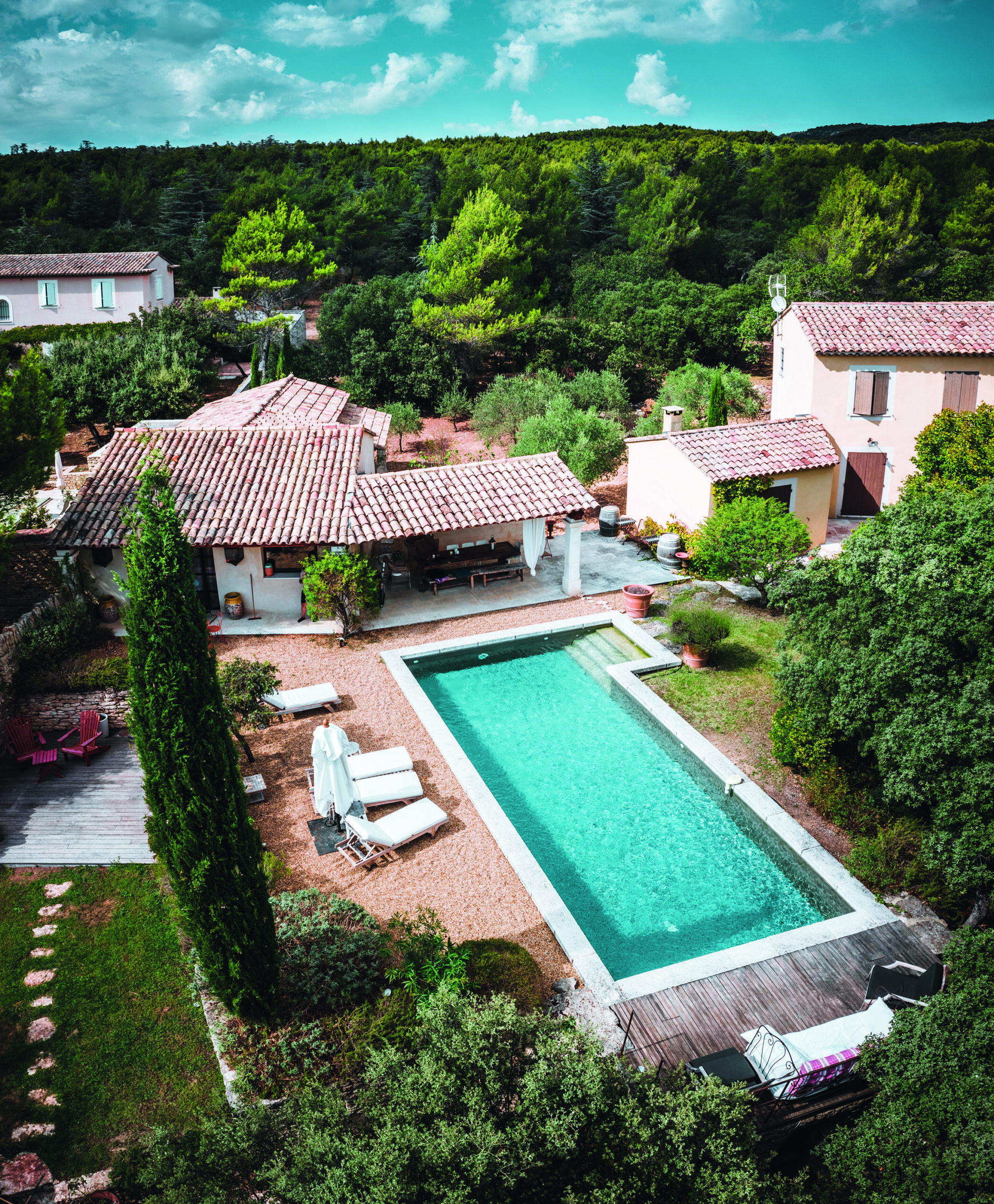
©shutterstock
There are three main types of pool: block and liner, panel and liner, and fibreglass shell, and these will be suitable for most types of pools. However, the fibreglass shells, known as coques, are somewhat limited in terms of the sizes and designs that they come in, so if you want a particularly large pool, perhaps 12m x 6m, or an unusual shape, you may need to look at a different option.
For DIY enthusiasts, there are increasing numbers of self- build packages available which will allow you to do all or part of the work yourself and can prove to be a cost-effective way to achieve your dream pool.
Once you have decided on the type of pool and the location, you can start to think about getting permission for the installation. Most above- ground pools will not require the completion of a déclaration préalable de travaux; the forms can be downloaded or obtained from your local mairie.
The French government website provides up to date rules and regulations on pool installation and a drop-down menu will guide you through the process and show exactly what paperwork will be required depending on the property location and the specifics of the proposed installation.
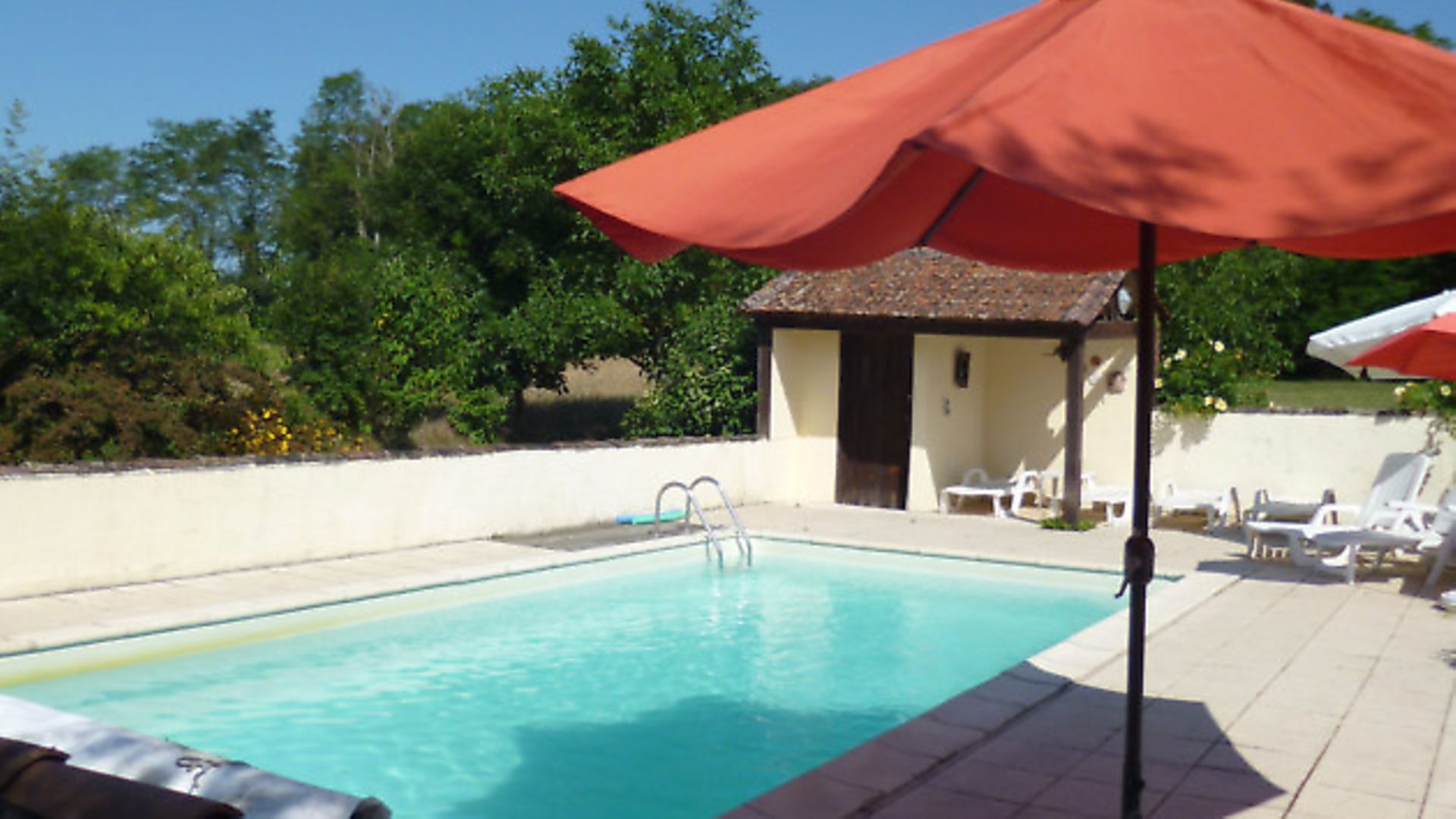
Since January 2022 all such declarations must be done online and this has made things slightly more complicated. It is not always easy to know exactly what is being asked for; in most cases this will include information such as a photo of the plot, details such as the volume of the pool in cubic metres, material specifications, liner colour, a drawing/sketch of how the pool will look when installed, a site location map (usually aerial showing where it will be in relation to your house and surroundings-you can get a copy from the mairie as they keep these on file), a 3D site layout plan and a cross-sectional view showing whether the land is flat or on a slope. But don’t be daunted! Although the mairie no longer process the applications they are still going to be helpful in terms of explaining what is required and generally guiding you through the process.
They will also know if any local restrictions apply so a visit early on in the planning process is highly recommended. They will be able to advise too on matters such as the locations, types of materials that will be accepted and so forth. Once you have submitted the application, you should receive a response within a couple of months. However, certain times of year may be much busier so it makes sense to apply for permission well before you plan to start the construction process as not having planning permission will delay installation.
You will also need to decide on the type of security measure you plan to install. All domestic pool installations must have an alarm, solid cover, security fence or a high-profile pool cover. A high-profile cover has the added benefit of significantly extending the swimming season. Your choice of security system will depend on where the pool is and probably, the intended users. Alarms are usually the cheapest option but they don’t provide the same level of reassurance for parents or grandparents as a fence or solid cover.
MAINTENANCE MATTERS
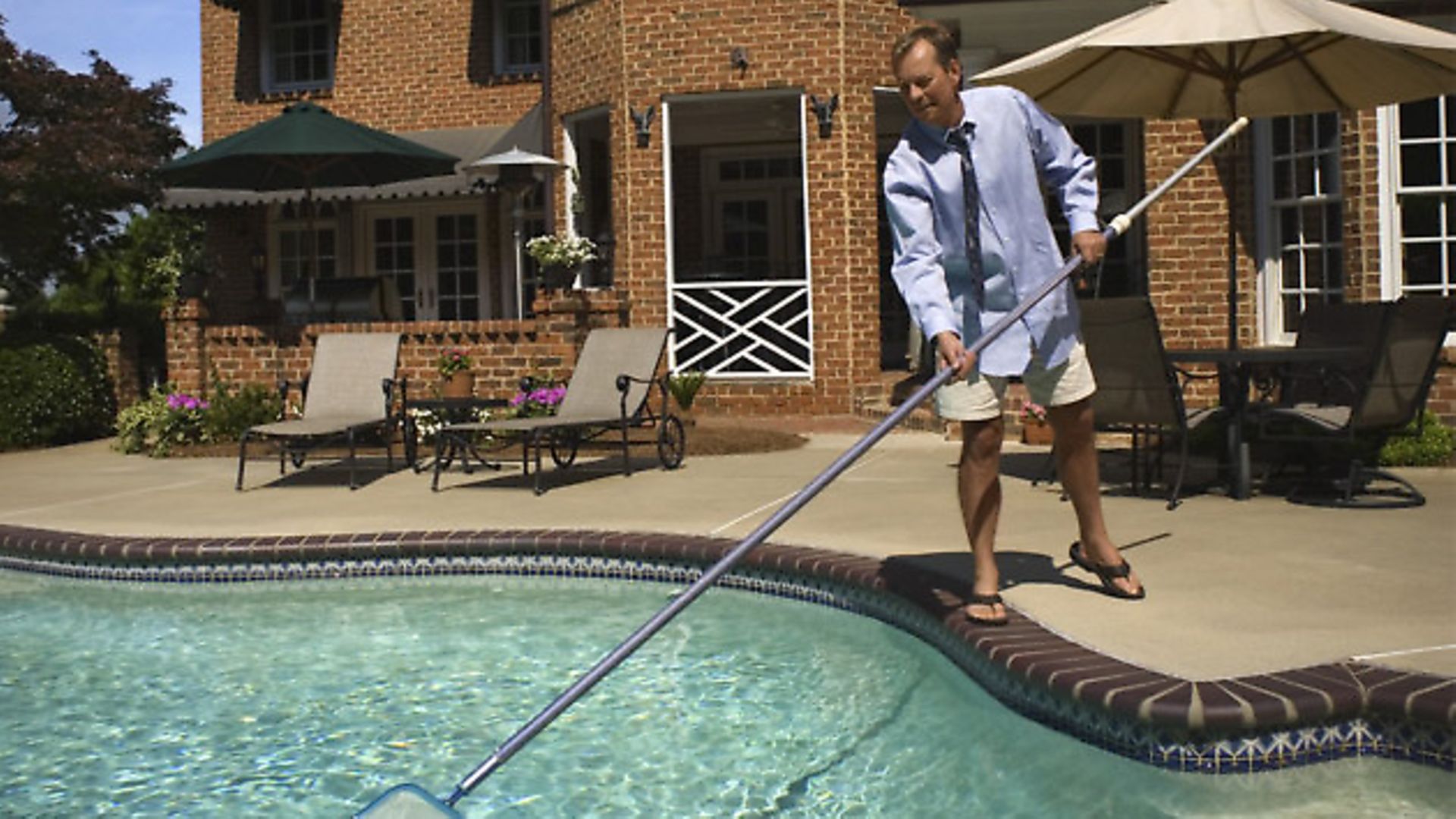
You also need to think about pool maintenance and heating and factor these into the budget. Pools require almost daily maintenance throughout the swimming season. skimmers need to be emptied and filters and PH levels checked. Automatic cleaning devices (a robot) save a lot of time and while these are an extra cost, most pool owners swear that the initial outlay is more than worthwhile.
Opting for a retractable cover as part of your pool security system can make a big difference to maintaining water temperature as well as keeping the pool cleaner. However, they do take up quite a bit of extra space meaning you lose some pool space and they are expensive. It may be better to opt for a heating system (such as a heat pump) and a different security system.
Clearly, there’s no ‘one size fits all’ when it comes to choosing and installing a swimming pool. The decision- making processes and getting planning permission can seem as though they are taking forever but it is essential that you take your time and consider every aspect of the process, design, construction and pool equipment. Get all these elements right and you will be enjoying your pool for years to come.
You also need to think about pool maintenance and heating and factor these into the budget. Pools require almost daily maintenance throughout the swimming season. skimmers need to be emptied and filters and PH levels checked. Automatic cleaning devices (a robot) save a lot of time and while these are an extra cost, most pool owners swear that the initial outlay is more than worthwhile.
Opting for a retractable cover as part of your pool security system can make a big difference to maintaining water temperature as well as keeping the pool cleaner. However, they do take up quite a bit of extra space meaning you lose some pool space and they are expensive. It may be better to opt for a heating system (such as a heat pump) and a different security system.
Clearly, there’s no ‘one size fits all’ when it comes to choosing and installing a swimming pool. The decision- making processes and getting planning permission can seem as though they are taking forever but it is essential that you take your time and consider every aspect of the process, design, construction and pool equipment. Get all these elements right and you will be enjoying your pool for years to come.
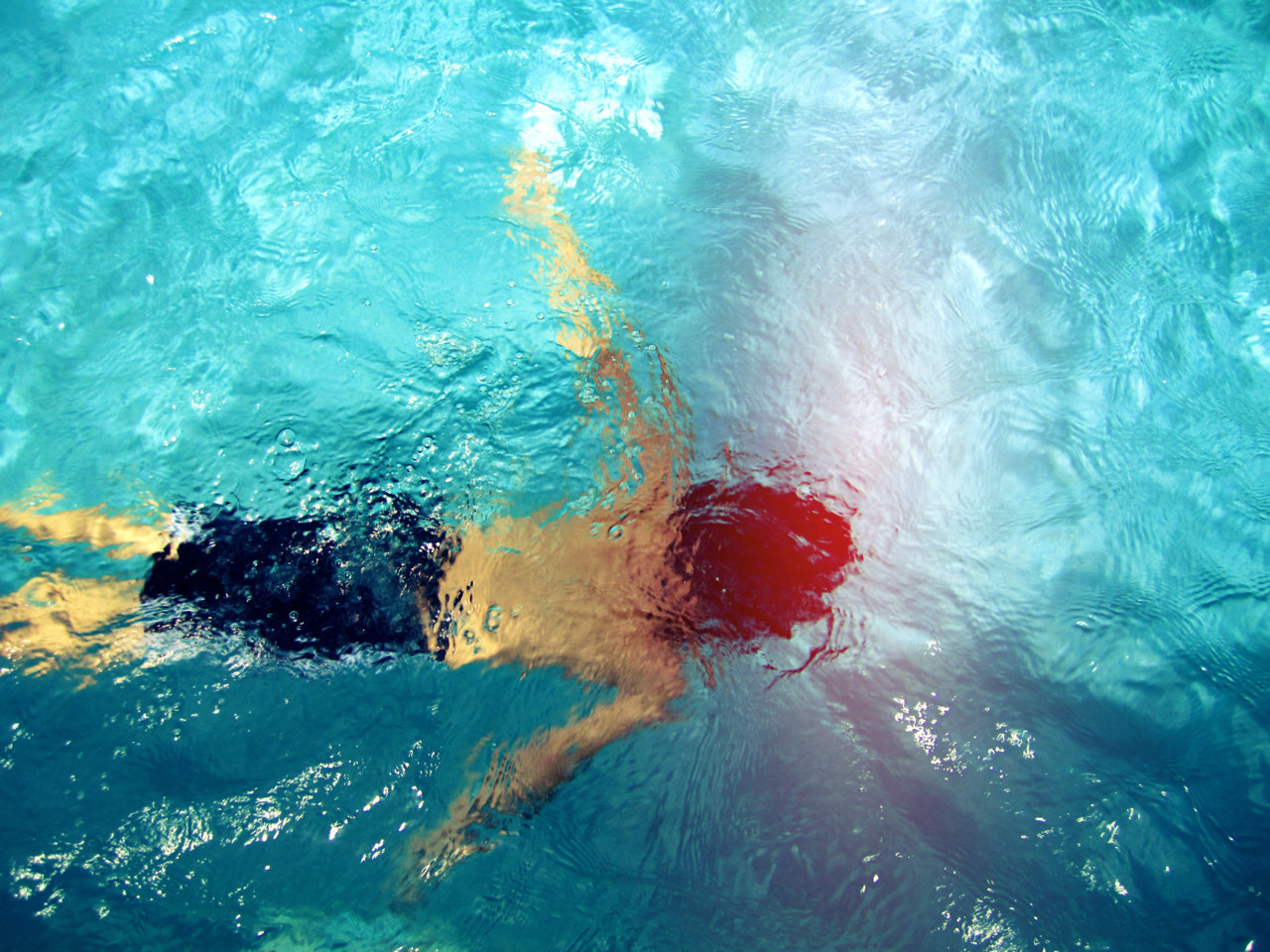
©Laney Ruckstuhl – Flickr
Top Tip
Apply for planning well in advance. The system can be slow and if you don’t have the official go ahead, this could mean losing your time slot with the installer. Pool installers often run to a very tight schedule as work can be weather dependent and losing your slot could mean that you can’t enjoy your pool in the summer.
Looking for more French property advice?
The unique mix of legal, financial and tax advice along with in-depth location guides, inspiring real life stories, the best properties on the market, entertaining regular pages and the latest property news and market reports makes French Property News magazine a must-buy publication for anyone serious about buying and owning a property in France.
Lead photo credit : ©Shutterstock
Share to: Facebook Twitter LinkedIn Email
More in Living in France, swimming pool



